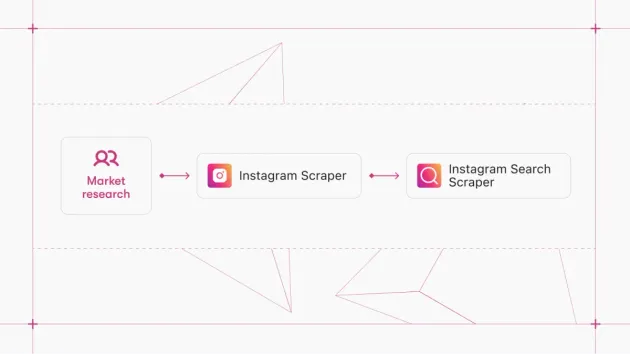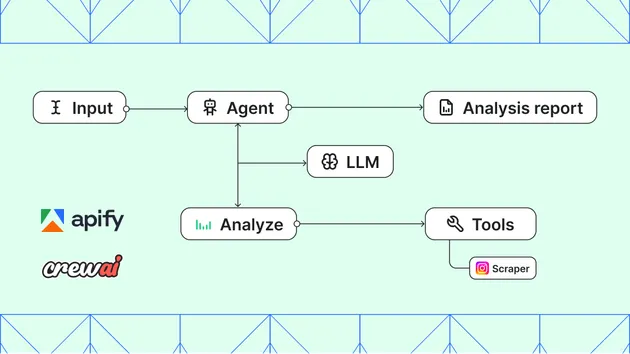Keboola Input Mapping
Pricing
Pay per usage
Keboola Input Mapping
It parses the input table from Apify <> Keboola extractor and maps the data into another task or actor input.
Pricing
Pay per usage
Rating
0.0
(0)
Developer

Jakub Drobník
Actor stats
4
Bookmarked
23
Total users
4
Monthly active users
a year ago
Last modified
Categories
Share




